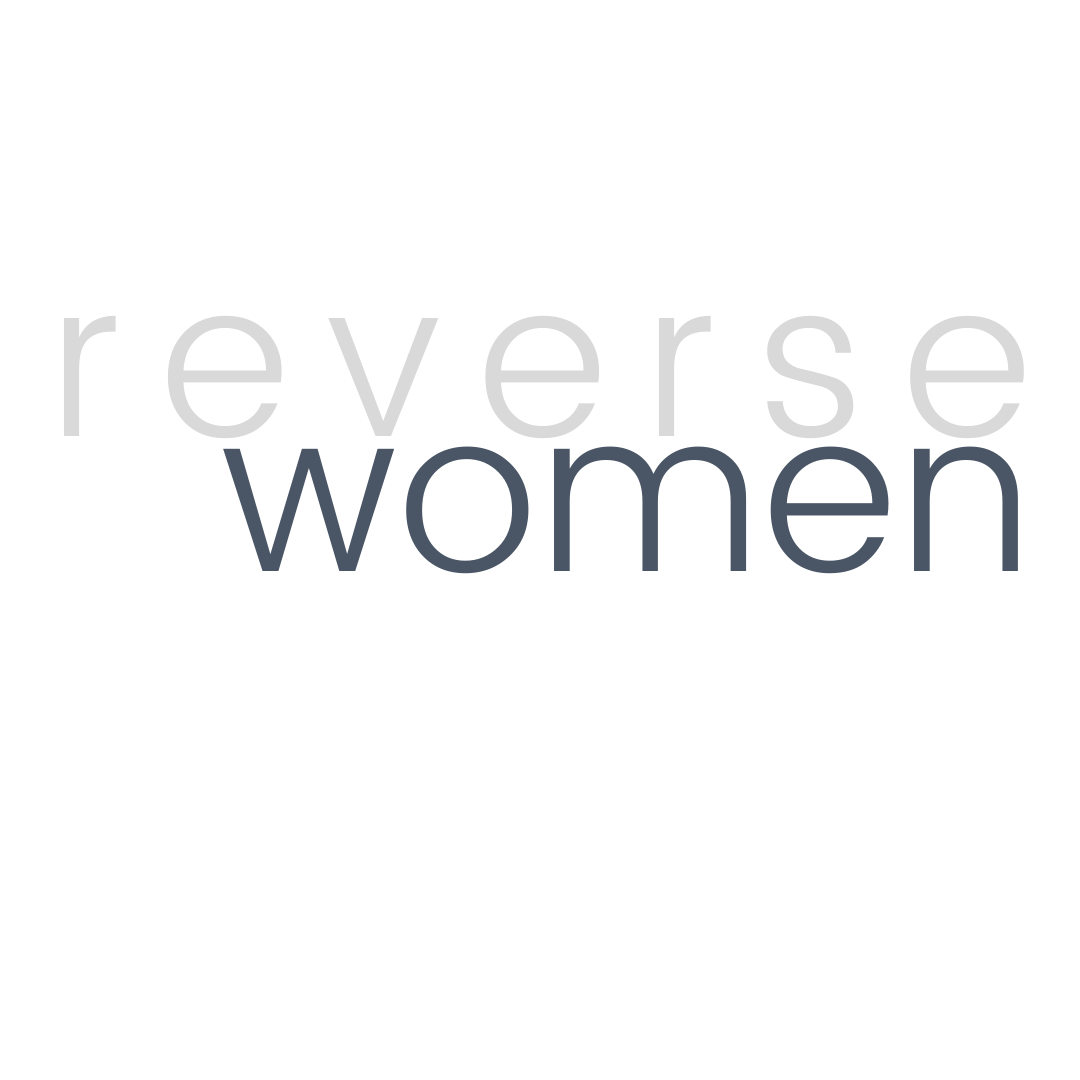Mar. 2020 Meetup Recap
Our March meetup was held this morning (virtually, of course!) and there was an incredible amount of knowledge shared in a 90 minute window! This topic was chosen in response to a recent scenario I experienced where no matter how tired I was during the day, I was still staying up super late either scrolling social media or binging TV. This was simultaneous to having a hard situation I needed to deal with. It hit me that perhaps delaying sleep at night was considered destructive, and the answer was yes for me because it was my way of coping with not wanting to think about hard stuff.
The first article I found that spurred all of this is: 17 Habits of the Self-Destructive Person - read this one!
The standard definition of self-destructive behavior is: any behavior that is harmful or potentially harmful towards the person who engages in the behavior, and may be deliberate, born of impulse, or developed as a habit.
Our first co-facilitator, Kali Jobes, has a background in social work as well as a ton of hands-on experience with women in situations that often include self-destruction. It would be impossible to relay all of the wisdom nuggets from Kali, but here are a few from my notes:
A few behaviors we may not think of as destructive: codependency, procrastination, daydreaming, fantasizing, and being a martyr.
Your family is your first environment where you learn your role - this plays a huge part in your learned behaviors.
The root of self-sabotage may be a specific event or pattern of unhealthy views - some examples are fear, past hurts, survivor’s guilt, unworthiness.
A behavior itself may be neutral, but destructive to specific people - consider the intention.
Self-awareness is not self-destructive - be kind to yourself!
Our second co-facilitator, Lindsey Jo Scott, has a background in psychology and art. She is an advocate for radical self-acceptance and applying practices to be present to yourself and your life. Lindsey Jo taught us ways we can begin to experience growth and healing - again, there’s no way to capture all the goodness! Here are a few key points:
Self-destructive behaviors often come from feelings of unworthiness that stem from your unconscious mind, which runs on irrational thinking.
One behavior for many of us is taking on too much and experiencing feelings of failure when we don’t accomplish it all or we give up.
Begin to embrace incremental growth. Shift from inflexible standards to accepting small increases - “How can I improve this by 1%”?
We all have an inner child that needs attention - know that she is real and needs you. Imagine sitting next to your inner child on a bench and talk with her, or write a letter from your current self to your inner child or vice versa.
Thank you all for such a great conversation. We all agreed we were walking away with a lot to process and also gratitude for tangible ways to grow.
Resources shared today:
Lindsey shared a reading from: The Language of Letting Go by Melody Beattie
Lindsey Jo’s PowerPoint can be accessed here which includes the quotes!
Lindsey Jo also shared a resource on Re-Parenting Your Inner Child.
Kali’s email is kali.michelle12@gmail.com and Lindsey Jo’s email is info@lindseyjoscott.com.
